China is a key partner in Indonesia's economic and trade landscape, says Arsjad Rasjid, chairman of the Indonesian Chamber of Commerce and Industry, highlighting the deep-rooted and complementary nature of bilateral relations and the tangible benefits they bring to both nations.
"We share aligned values, similar cultures and a history of partnership with China. This allows us to grow together," Rasjid said, adding that this is why Indonesian President Prabowo Subianto visited China before his inauguration and prioritized it for his first state visit from Nov 8 to 10.
"As Indonesia advances toward its Golden Indonesia 2045 Vision, aiming for an 8 percent annual economic growth, China, being our top trade partner, is an indispensable partner," Rasjid said.
According to official data, China has been Indonesia's largest trade partner for 11 consecutive years, with bilateral trade reaching $139.42 billion last year. In the first eight months of this year, bilateral trade grew by 1.5 percent to $92.79 billion. China is also Indonesia's second-largest source of foreign investment, while Indonesia ranks as China's second-largest investment destination in the Association of Southeast Asian Nations.
Rasjid expressed appreciation for China's sustained investment, particularly under the Belt and Road Initiative, which has funneled more than $20 billion into Indonesia since 2015, significantly boosting the country's socioeconomic development.
He cited the Jakarta-Bandung High-Speed Railway — a flagship project of the BRI — linking Jakarta with the tourist hub of Bandung. Indonesia has officially relocated its capital from Jakarta, on the island of Java, to Nusantara in East Kalimantan Province.
Launched in October last year, the railway has slashed travel time from more than three hours to just 40 minutes, speeding up the flow of people and goods and greatly improving convenience for residents.
Beyond the BRI, Chinese investments in mining and other industrial areas have also significantly boosted Indonesia's industrial development.
"Chinese investment has been instrumental in strengthening Indonesia's nickel industry," Rasjid said.
New industrial chain
"Together, we have developed the Morowali Industrial Park, located in Morowali Regency, Central Sulawesi Province, which helped Indonesia develop a whole new energy industrial chain based on nickel.
"Such collaboration has elevated Indonesia's nickel export revenue from $1 billion to $30 billion over the past decade, as more value-added processing is now done locally."
This industrial growth has not only increased revenues but also created numerous local jobs and facilitated technology transfer, he said. "In the future, we hope to replicate the Morowali model across other critical minerals and commodities, such as palm oil and iron, expanding our downstream processing capabilities."
Rasjid also highlighted the potential for Chinese companies to support Indonesia's energy transition. "Indonesia is rich in resources like solar, wind and hydrogen power. Collaborating with China, a leading force in new energy-related sectors, presents vast opportunities. For example, Indonesia's rich silica reserves can be crucial for solar panel production," he said.
For Chinese companies, investing in Indonesia provides them with access to raw materials and a market of 281 million people, he said, adding that discussions are underway to position Indonesia as a sub-hub for Chinese electric vehicles and batteries, serving global markets.
"Overall, past collaboration between China and Indonesia has contributed to local economic development in Indonesia and there is still much more that could be done in the future, which means that we need to deepen and renew our relationship."
During Prabowo's visit to China, the two countries announced an upgrade of their "four-pillar" cooperation covering political, economic, people-to-people exchange and maritime aspects, to "five-pillar" cooperation, with the addition of security.
"Both China and Indonesia want to create prosperity for the people, but prosperity will not happen if there is no economic growth, and economic growth will only happen if there is peace," Rasjid said. "Deepened collaboration between China and Indonesia can also help pave the way for regional stability."








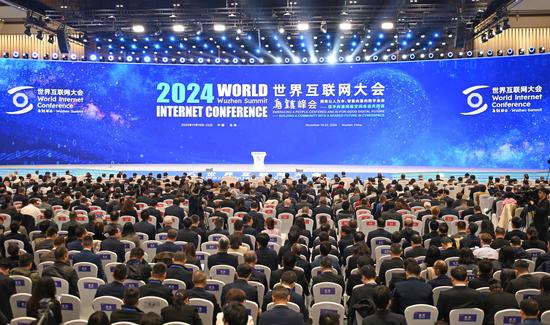
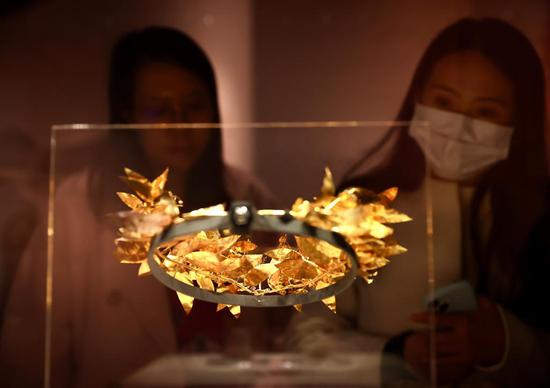

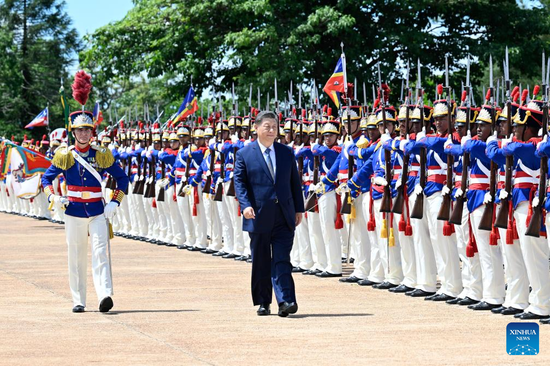
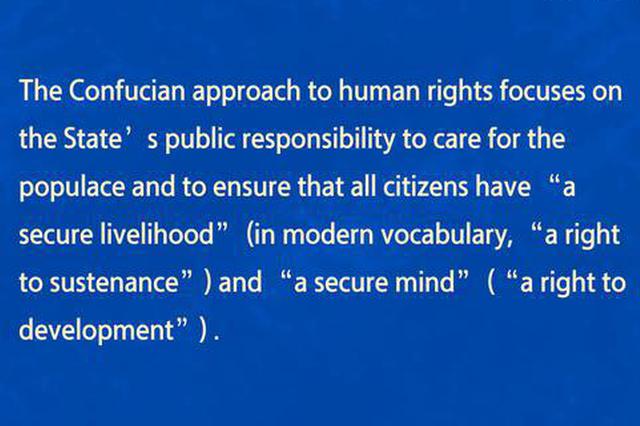
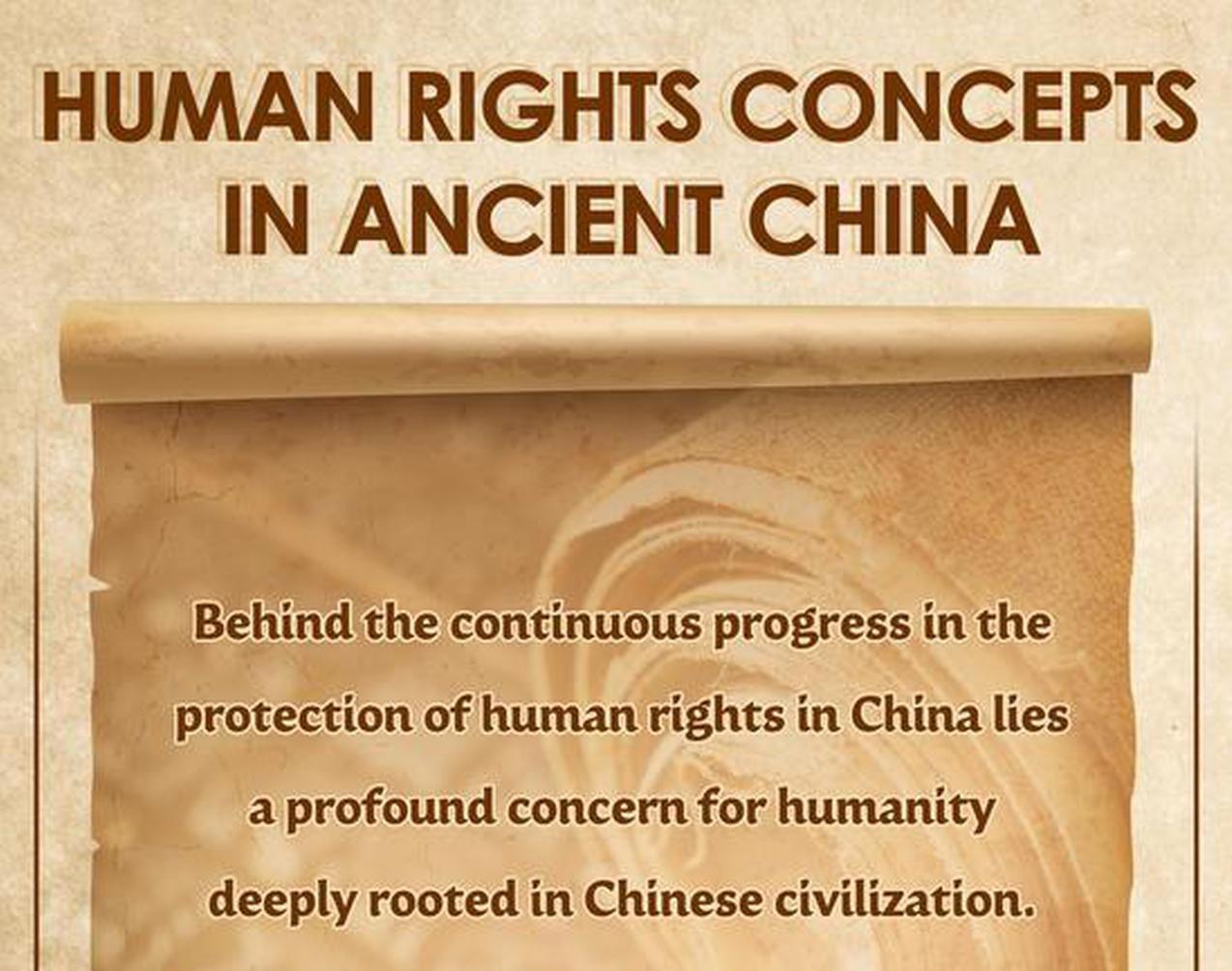



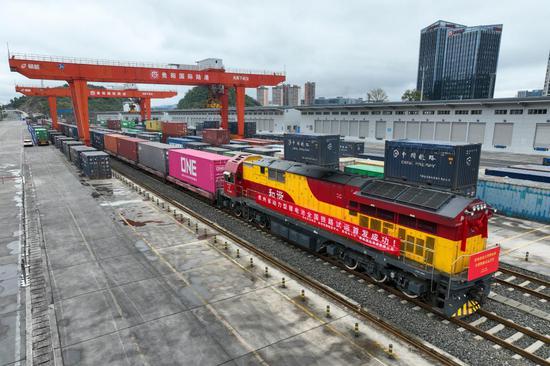
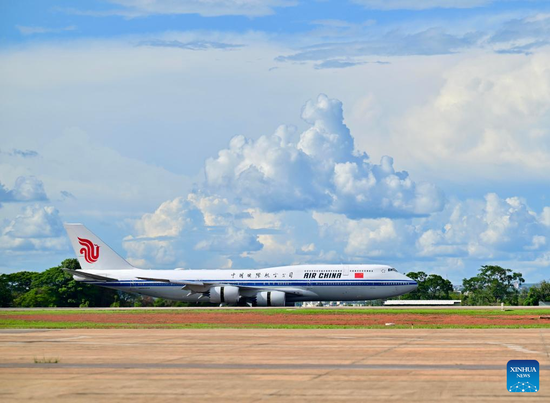




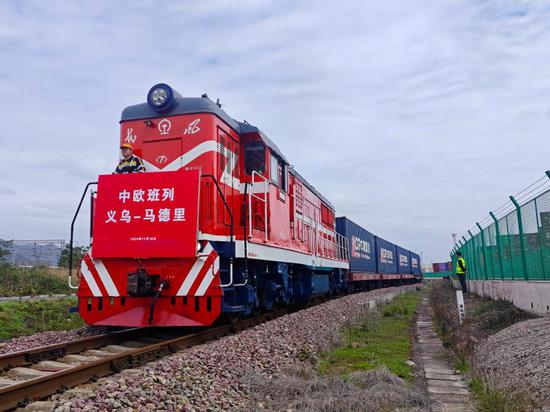
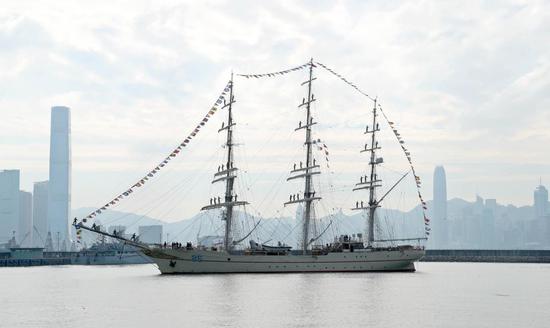

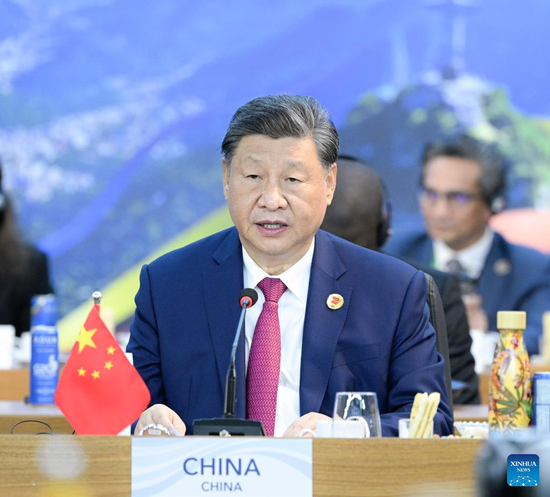

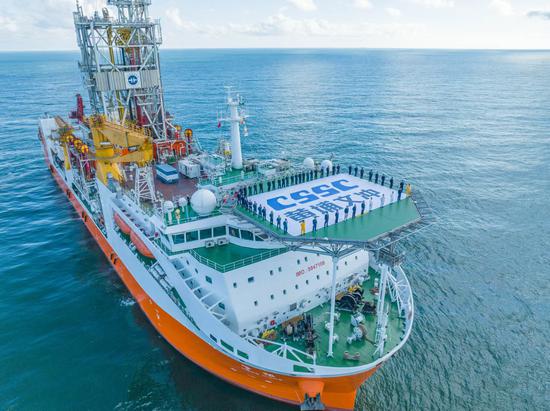

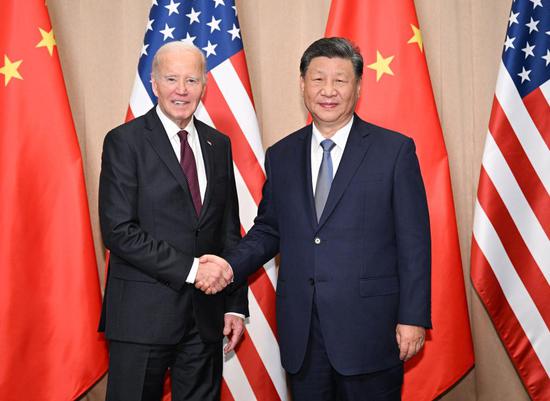
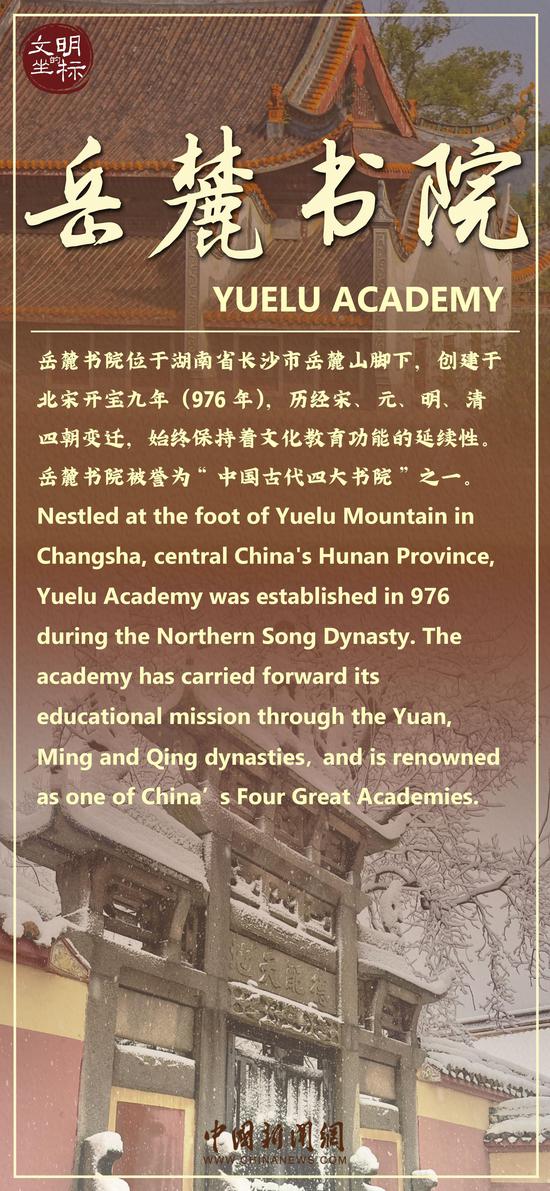

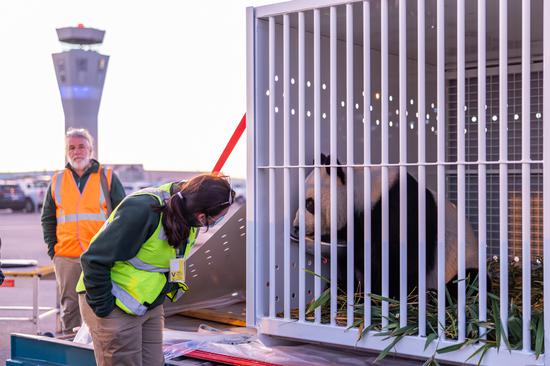
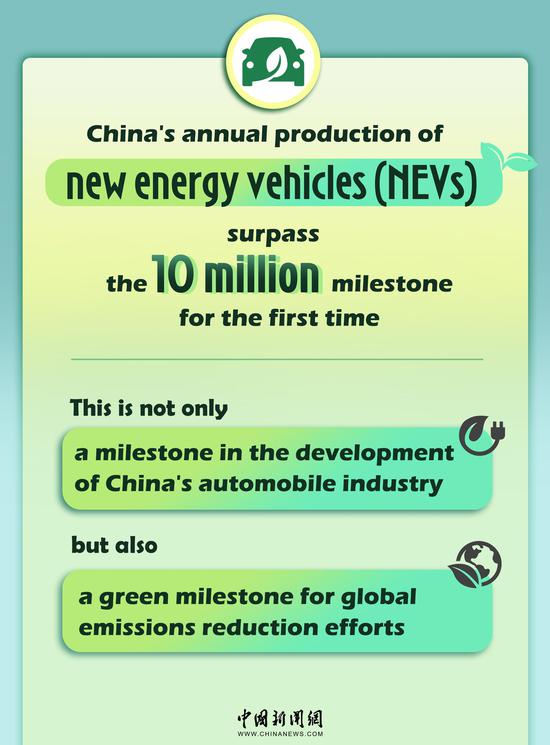

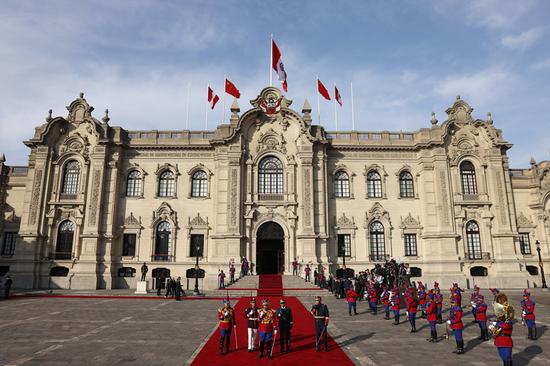

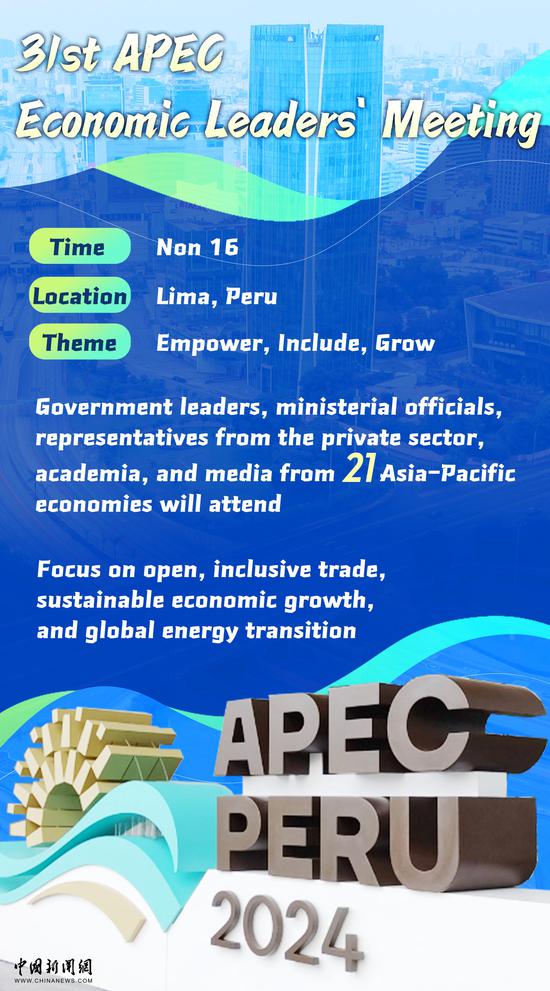

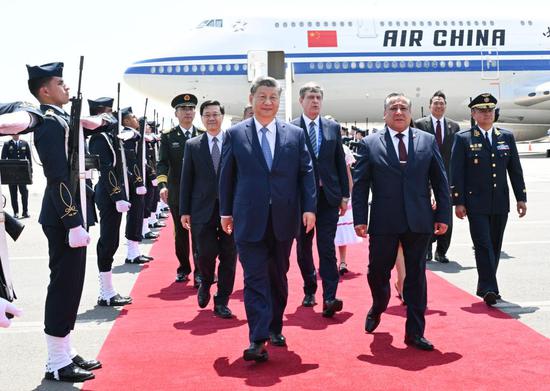

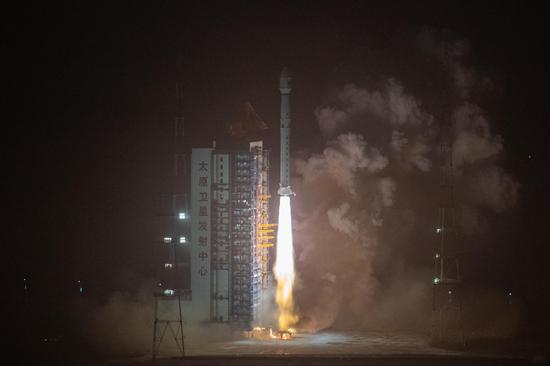
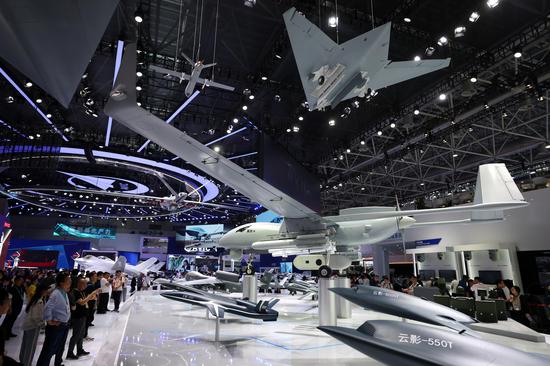
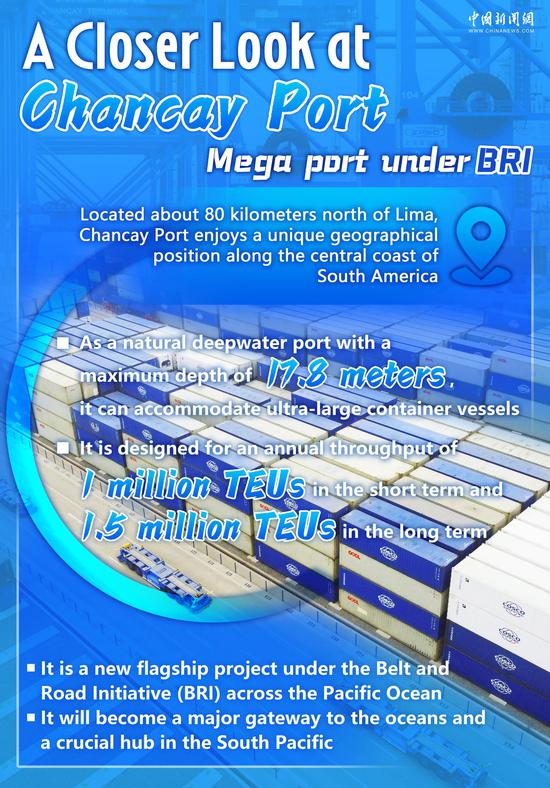

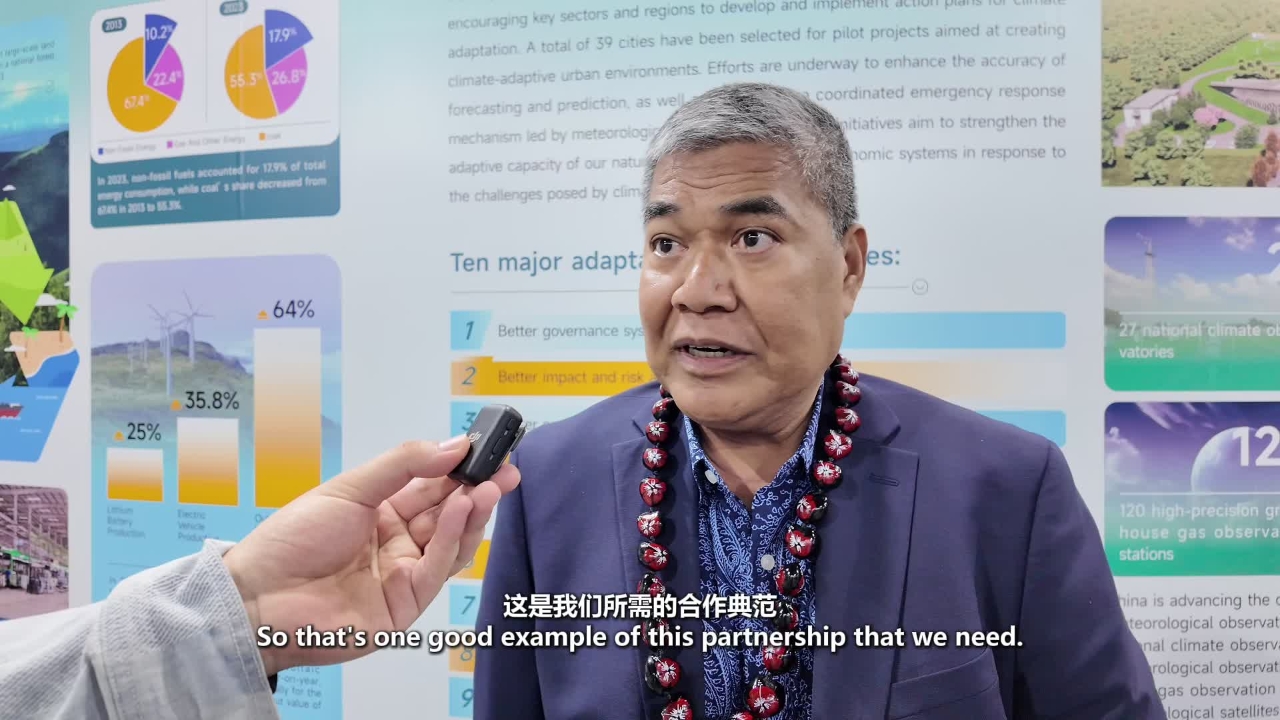



 京公网安备 11010202009201号
京公网安备 11010202009201号